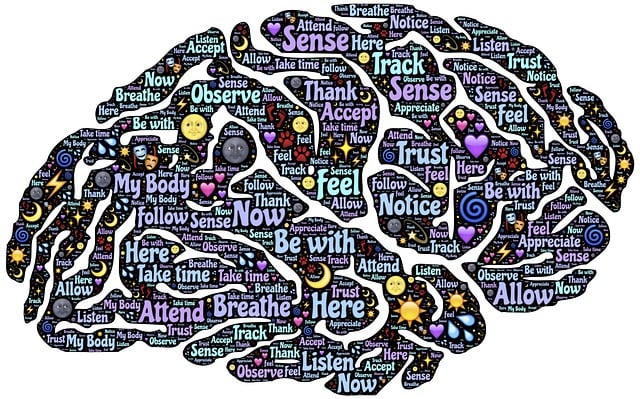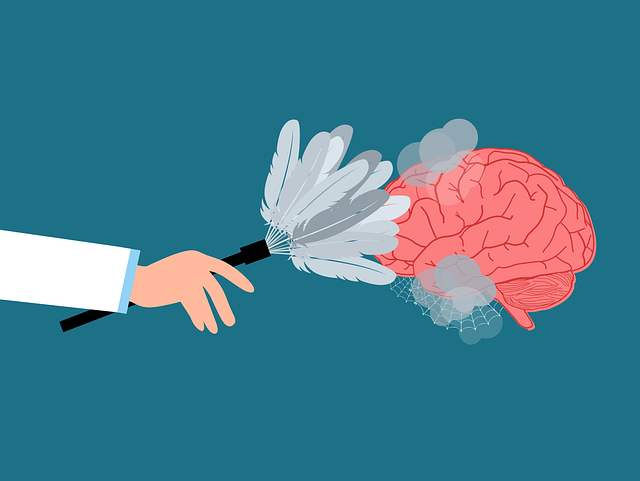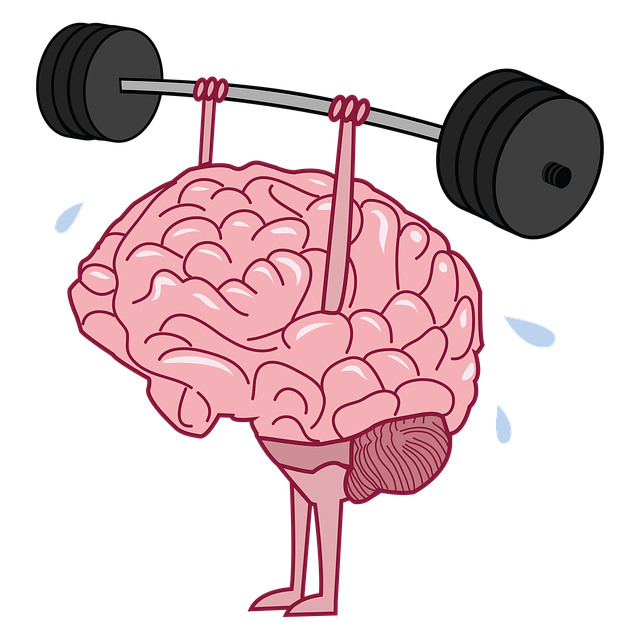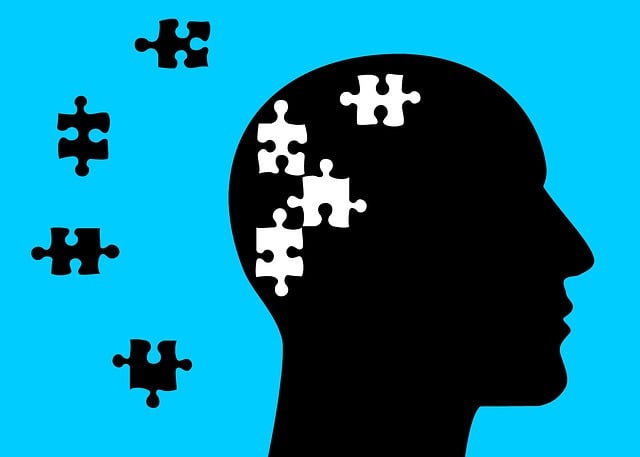Lakewood Blended Families Therapy offers Social Skills Training, a holistic program using evidence-based practices like Mindfulness Meditation and CBT to improve communication, empathy, and conflict resolution in individuals with mental health conditions. Through role-playing, journaling, and group discussions, clients gain practical tools for managing emotions, boosting self-esteem, and navigating social scenarios, ultimately strengthening relationships and improving mental health outcomes.
Social skills training is a powerful tool for managing mental health conditions, fostering connections, and improving overall well-being. This article explores the significance of social interaction in mental health support, delving into common challenges faced by individuals with various conditions. We present effective strategies and techniques, highlighting the role of Lakewood Blended Families Therapy in enhancing social skills development through innovative approaches tailored to unique needs.
- Understanding the Importance of Social Skills for Mental Health
- Identifying Challenges in Social Interaction for Individuals with Mental Health Conditions
- Strategies and Techniques for Effective Social Skills Training
- The Role of Lakewood Blended Families Therapy in Social Skills Development
Understanding the Importance of Social Skills for Mental Health

Social skills are a cornerstone of mental well-being, often overlooked yet profoundly impactful. For individuals navigating mental health conditions, fostering and refining these skills can be transformative. Social Skills Training, tailored to meet individual needs, offers a powerful toolkit for enhancing connections, building support systems, and managing challenges that arise from social interactions. At Lakewood Blended Families Therapy, we recognize the intricate link between strong social skills and improved mental health outcomes.
In today’s complex social landscape, developing effective communication strategies, empathy, and conflict resolution techniques is essential. Our approach integrates evidence-based practices like Mindfulness Meditation and Stress Management to equip clients with adaptive coping mechanisms. By practicing these skills in a supportive environment, individuals gain confidence navigating social situations, leading to enhanced overall mental resilience. This holistic strategy not only promotes better relationships but also paves the way for improved self-esteem and a greater sense of belonging.
Identifying Challenges in Social Interaction for Individuals with Mental Health Conditions

Individuals with mental health conditions often face unique challenges when it comes to social interactions. These challenges can range from anxiety and depression affecting communication skills to psychotic disorders impairing the ability to interpret social cues accurately. At Lakewood Blended Families Therapy, we recognize that these difficulties are not just isolated to the individual but also impact their relationships and overall well-being.
Social skills training becomes an essential component of holistic therapy for mental wellness. Through targeted exercises like Mental Wellness Journaling and guided practices such as Compassion Cultivation and Mindfulness Meditation, our therapists help clients navigate social scenarios more effectively. We foster a safe environment where individuals can learn to recognize and manage their emotional responses, improve active listening, and develop appropriate assertiveness skills, all of which contribute to building healthier connections and enhancing overall mental wellness.
Strategies and Techniques for Effective Social Skills Training

Social Skills Training plays a pivotal role in enhancing mental wellness and emotional well-being promotion techniques for individuals managing various mental health conditions. At Lakewood Blended Families Therapy, we employ evidence-based strategies tailored to each client’s unique needs. These include role-playing scenarios that help practice and refine social interactions, fostering confidence in real-life situations. By immersing clients in simulated social environments, therapists guide them through the nuances of communication, empathy, and active listening—crucial components for building meaningful connections.
Beyond role-play, our approach integrates cognitive behavioral therapy (CBT) techniques to challenge negative thought patterns that may hinder social engagement. Through exercises focused on self-esteem improvement, clients learn to reframe their perspectives, boosting their confidence in social settings. This holistic method not only equips individuals with practical tools for navigating social situations but also cultivates a sense of belonging and enhances overall mental health outcomes.
The Role of Lakewood Blended Families Therapy in Social Skills Development

Lakewood Blended Families Therapy offers a unique approach to social skills development for individuals managing mental health conditions. By combining traditional therapy methods with innovative digital tools, this program creates a supportive environment for learning and practice. The therapy sessions are designed to help clients navigate social interactions with confidence, using evidence-based techniques such as Mental Wellness Journaling Exercise Guidance to track progress and identify areas for improvement. Through role-playing scenarios and group discussions, participants gain practical communication strategies that enhance their ability to express themselves effectively while managing potential triggers or challenging situations.
Moreover, the program incorporates Crisis Intervention Guidance, equipping individuals with tools to handle emotional crises in social settings. This holistic approach ensures that clients not only improve their social skills but also develop coping mechanisms for maintaining mental wellness in various environments. By fostering a sense of community and shared learning, Lakewood Blended Families Therapy empowers individuals to build meaningful connections while navigating the complexities of their conditions.
Social skills training is a valuable tool in supporting individuals with mental health conditions, as it empowers them to navigate social interactions more effectively. By understanding the unique challenges these individuals face, we can implement tailored strategies like those offered by Lakewood Blended Families Therapy. This therapy plays a crucial role in enhancing social competencies, fostering better relationships, and ultimately improving overall mental well-being. Through evidence-based techniques, it helps individuals build confidence, develop healthier communication styles, and integrate more positively into their communities.













